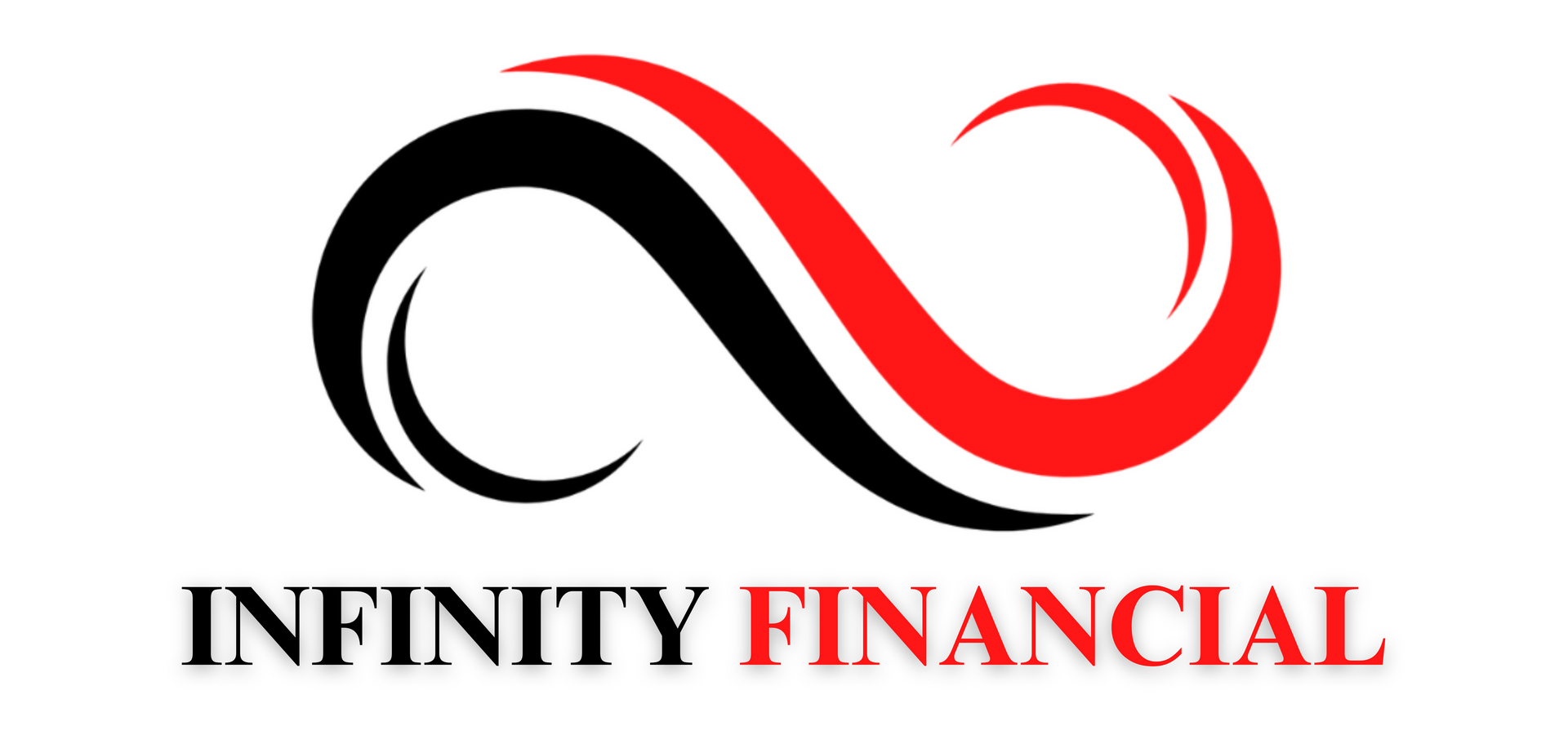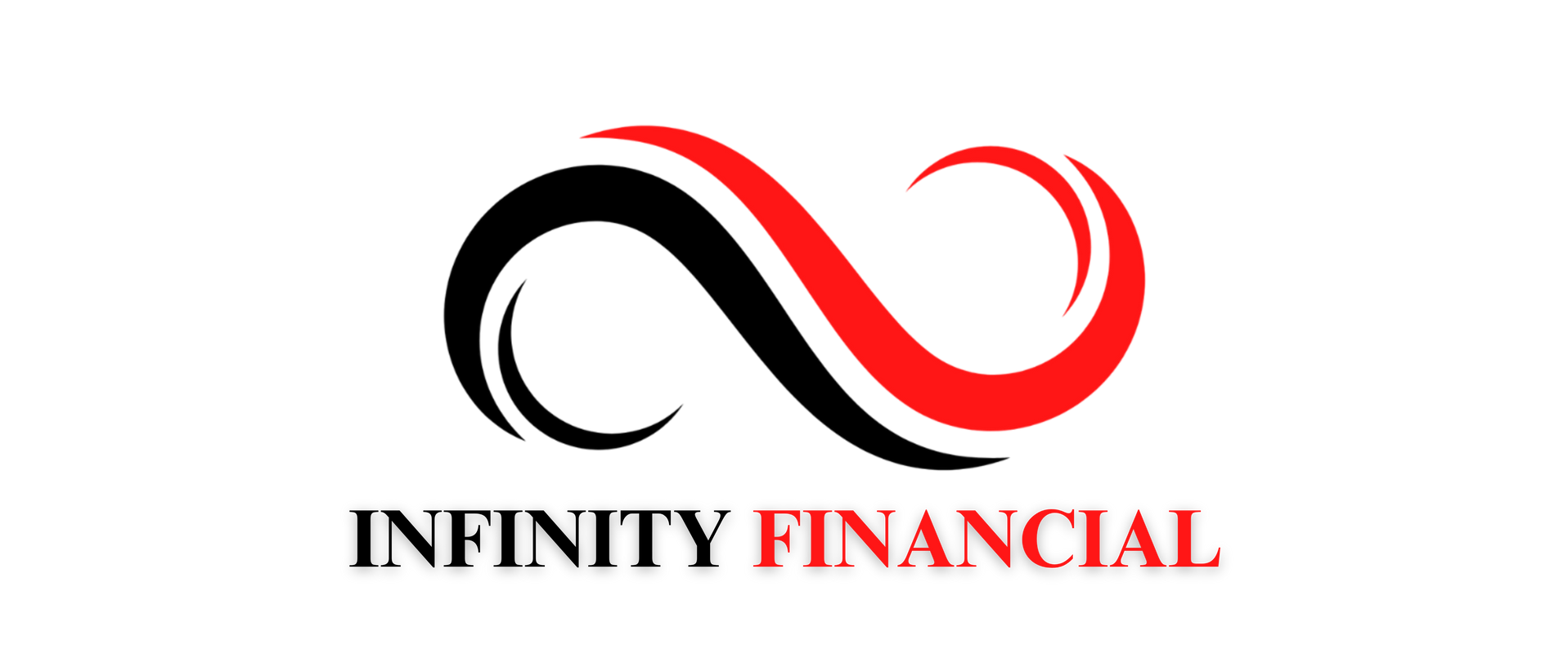BUSINESS LOANS
Residential Business Loans:
1. What Is a Residential Business Loan: A residential business loan is a type of loan that allows homeowners to borrow against the equity they have in their residential property. Equity is the difference between the property's current market value and the outstanding balance on the primary mortgage.
2. Loan Amount: The maximum loan amount for a residential equity loan is typically a percentage of the property's appraised value minus the outstanding mortgage balance. This percentage can vary but is often up to 80-85% of the property's equity.
3. Loan Term: Residential equity loans usually have fixed terms, often ranging from 5 to 30 years. Borrowers make regular monthly payments that include both principal and interest.
4. Interest Rates: Interest rates on residential equity loans can be fixed or variable. Fixed rates remain constant throughout the loan term, while variable rates may change based on market conditions. The interest rates are generally higher than those of primary mortgages but lower than unsecured personal loans or credit cards.
5. Use of Funds: Homeowners can use the funds from a residential equity loan for various purposes, including home improvements, debt consolidation, education expenses, investments, or unexpected expenses.
6. Tax Benefits: In Canada, the interest paid on a residential equity loan may be tax-deductible if the funds are used for eligible purposes, such as home renovations or investments. Tax laws can change, so it's essential to consult with a tax advisor.
7. Risks: Since residential equity loans are secured by the property, there is a risk of foreclosure if the borrower defaults on payments. Borrowers should carefully consider their ability to repay the loan.
Commercial Business Loans
1. What Is a Commercial Business Loan: A commercial business loan is a financing option for businesses that own commercial properties. It allows business owners to tap into the equity of their commercial real estate assets to obtain funds.
2. Loan Amount: The loan amount for a commercial equity loan is determined based on the property's appraised value and the existing debt on the property. Lenders typically offer loan-to-value (LTV) ratios of up to 75-80% of the property's appraised value.
3. Loan Term: Commercial equity loans can have varying terms, typically ranging from 5 to 20 years. The term length may be influenced by the borrower's creditworthiness and the lender's policies.
4. Interest Rates: Interest rates on commercial equity loans can be fixed or variable and are influenced by market conditions, the borrower's creditworthiness, and the property's location and condition.
5. Use of Funds: Commercial property owners can use the funds from an equity loan for various business purposes, such as expanding operations, renovating the property, purchasing equipment, or consolidating business debt.
6. Risk Mitigation: Lenders assess the business's financial health and the property's income potential to mitigate the risk of default. In some cases, personal guarantees or other collateral may be required.
7. Tax Considerations: Business owners should consult with tax advisors to understand any tax implications related to the use of funds from a commercial equity loan. Both residential and commercial equity loans provide property owners with a valuable source of financing based on the equity they have built in their real estate assets. Borrowers should carefully assess their financial needs, repayment capacity, and the potential benefits and risks before pursuing an equity loan. Consulting with financial professionals and lenders is advisable to make informed decisions.




